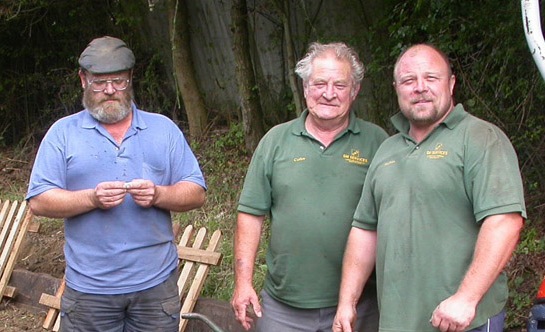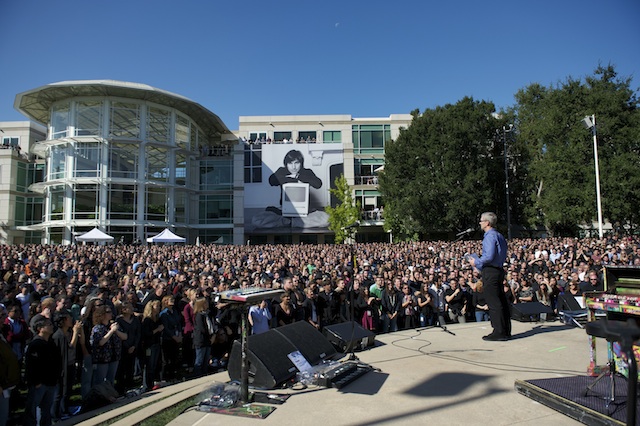Four months ago, the Australian government launched its innovation agenda with the noble ambition to put the nation “on the right track to becoming a leading innovator.”
The keenly awaited innovation statement was seen as a defining the new Prime Minister’s agenda after two decades of complacent political leadership. At the launch of the paper Malcolm Turnbull said “our vision is for Australians to be confident, embrace risk, pursue ideas and learn from mistakes, and for investors to back these ideas at an early-stage.”
One of the early stage investors currently investing in Australia’s startup sector is Brisbane based entrepreneur, and Australian Shark Tank judge, Steve Baxter who spoke to Decoding the New Economy last week about where he sees the strengths and weaknesses in the proposals.
Beating the rhetoric
“Competitive threats are far more effective than rhetoric from a Prime Minister,” says Baxter in observing what really drives adoption and change while emphasizing that the announcement is a welcome shift, “the change in messaging from the government has been very important. It’s having an impact and a future looking message has been fantastic.”
While Baxter is positive about much of the incentives on offer and the importance of changes to regulations around bankruptcy and treatment of business losses, he flags the the delay in implementing the tax incentives as being a problem.
Too focused on commercialisation
Baxter though has been a long standing critic of Australia’s research sector and the emphasis on commercialisation of academic work is in his view one of the Innovation Statement’s major weaknesses, “commercialisation is a concept that we’ve failed at. It’s dead. We’ve put so much money into it, it’s actually embarrassing. We need a new mindset towards it.”
“there are seven hundred million dollars of a billion going to the research sector. That’s not entrepreneurship. In fact universities and research institutes are the least entrepreneurial organisations you’ll ever come across.”
“We need more business model innovation, we’re seeing too many people in lab coats with synchrotrons, square kilometre arrays which we have to do,” Baxter states. “What we’re not seeing the Dropboxes and the Instagrams and the Facebooks and the Wayze’s, the cool stuff that doesn’t need a two hundred million dollar building.”
Thin pipelines
As an early stage invest Baxter sees the real challenge for Australia lies in encouraging individuals to launch their own ventures, “I don’t think we’ve done enough yet to prove we have an investment problem when it comes to early stage companies,” he says. “I don’t believe we have a lack of capital”.
For those starting their own ventures, Baxter sees the word ‘innovation’ as being a barrier in itself.
“The entrepreneurs I back aren’t those who say ‘I’m going to innovate’ but those who say ‘I can see a problem’.”
While Baxter doesn’t say this, the real challenge lies weaning Australians off property speculation and encouraging investment and risk taking, something that requires major tax and social security reform.
Sadly, the Turnbull government has abandoned the prospect of any immediate taxation reform and even the Innovation Statement’s more modest agenda is now in doubt as the nation’s febrile Parliament prepares itself for an early election.
Baxter’s views, and his optimistic but guarded outlook towards the Innovation Statement reflect the opinion of many of those in the Australian investment community, it would be a shame for the country if the current opportunities are lost for short term political maneuvering.




